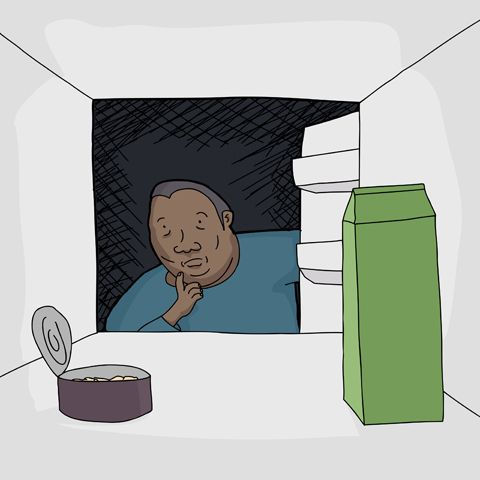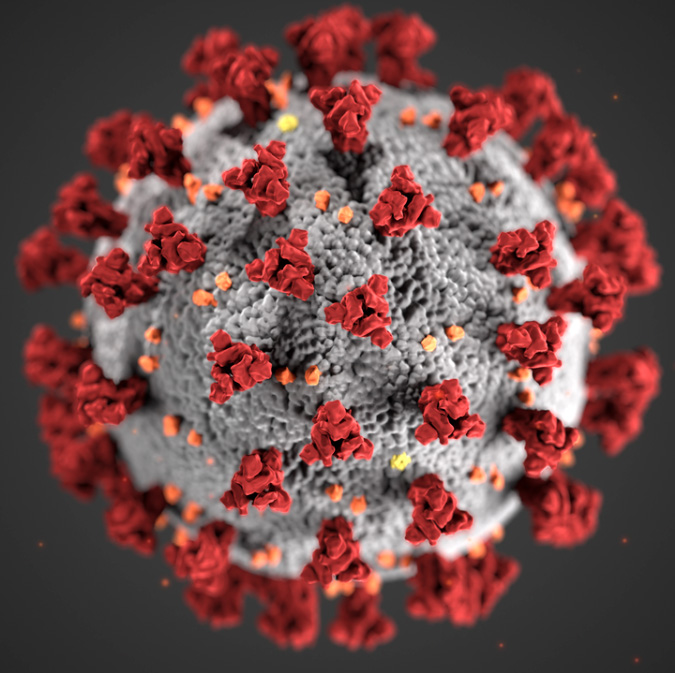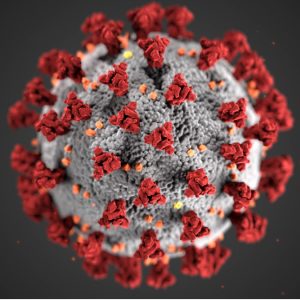 Full time staff members
Full time staff members
CHRT has welcomed five new full time staff members.
Tiffany R. Brent is CHRT’s business development director. She has extensive experience in the public health sector, working in the nonprofit health care community with and for various organizations, partnerships, and collaborations throughout her career. Prior to joining CHRT, Brent was executive director of the Voices of Detroit Initiative (VODI) and also held positions at Southeast Michigan Beacon Community (SEMBC), Greater Detroit Area Health Council (GDAHC), and Soar Technology, Inc. Brent holds a juris doctorate from the University of Detroit Mercy School of Law and a bachelor’s degree in social relations and policy from Michigan State University’s James Madison College
Jeni Chapman is a project manager on CHRT’s finance team. She supports CHRT’s work partnering with community organizations focused on enhancing quality of life and removing barriers to improve health equity. Before joining CHRT, Chapman was the project and regulatory coordinator for the Physician Organization of Michigan Accountable Care Organization (POM ACO).
Brady Kinnersley is CHRT’s financial specialist. Kinnersley works with CHRT’s business development and programmatic teams on project budgets and spend down reports. Before joining CHRT, Kinnersley was a grants accounting analyst at the University of Toledo in Ohio. He has experience reviewing, analyzing, and evaluating the grant budget process, developing financial reports, and providing oversight on externally funded grants and contracts. Kinnersley is an alumnus of Pi Sigma Epsilon, a professional sales and marketing business fraternity. He is currently pursuing a master’s degree in finance and holds a bachelor’s degree in finance from the University of Toledo.
Kimberly Snodgrass is a health communications analyst at CHRT. She supports communications for Washtenaw County’s Public Safety and Mental Health Preservation Millage, Washtenaw County’s Law Enforcement Assisted Diversion and Deflection program, the Washtenaw Health Initiative, and more. She is a recent graduate of the University of Michigan’s School of Public Health, where she concentrated in health behavior and health education. She has a particular interest in primary prevention strategies and using low-cost health communications strategies to connect individuals to care. Prior to joining CHRT as a full time staff member, Snodgrass supported the communications team part-time for nearly two years as a intern. Snodgrass has also worked in suicide prevention for the American Foundation for Suicide Prevention and at the University of Michigan Prevention Research Center.
Holly Quivera Teague is a health policy analyst at CHRT, where she began her work as the 2022 Rebecca Copeland Intern. Quivera Teague is managing CHRT’s two fellowship programs and supporting other health policy projects. Quivera Teague graduated from the University of Michigan’s School of Public Heath, concentrating in health behavior and health education, in the spring of 2022. She has interests in health equity and social justice, including improving child health policies, reducing health disparities, improving health care utilization among people of color and undocumented immigrants, researching place-based and occupational health outcomes, and improving health and social service integration in communities of color.
Interns
CHRT is happy to welcome three interns.
Jadrienne Horton joined CHRT through the American Evaluation Association’s 2022-2023 Graduate Education Diversity Internship program. At CHRT, Horton will be supporting the research and evaluation team with the evaluation of Washtenaw County’s Law Enforcement Assisted Diversion and Deflection (LEADD) program. In 2017, Horton obtained her bachelor’s degree in health and community wellness with a minor in social services from the University of West Georgia. She is now a dual master’s candidate in public health and social work at the University of Michigan. She has interests in working with marginalized racial and ethnic minority groups and underserved populations to raise awareness about environmental and social injustices impacting their communities. She is also passionate about incorporating race equity into evaluation and research practices.
Abigail Lindsay is an intern working on CHRT’s policy data analytics team to improve community-based long-term care services for vulnerable seniors and individuals with disabilities. Lindsay is a second-year master’s student at the University of Michigan’s School of Public Health concentrating in health management and policy. She is passionate about improving community health by advocating for just policies that address upstream social determinants of health. She has interests in aging, health equity, healthy community design, health care reform, and social welfare programs. She obtained her bachelor’s degree in nursing from the University of Michigan in 2017. Before starting her master’s, she practiced as a critical care registered nurse delivering clinical care at teaching hospitals, where she led quality improvement projects to enhance patient safety. Additionally, she worked as a nurse epidemiologist for the Detroit Health Department, where she managed a specialty COVID-19 investigation team that assessed infection control practices to isolate and interrupt outbreaks in nursing homes.
Kyra Martin is a health policy intern at CHRT, working primarily with the MI Community Care team to provide long-term, coordinated, and multidisciplinary care management for people with complex needs. Martin is a second-year master’s student at the University of Michigan’s Gerald R. Ford School of Public Policy, concentrating on public health and policy analysis. She is passionate about using data to identify, research, and advocate for policy solutions to health crises. She has interests in health equity and women’s public health, including reproductive justice, intimate partner violence, and maternal mortality. Before coming to Michigan, Martin was a legislative intern on the Hill and worked at the American Institutes for Research conducting mixed-methods research and evaluation. Martin graduated from the University of Chicago in 2018 with a BA in economics and political science.







 The Center for Health and Research Transformation (CHRT) has taken on several new projects over the last few months.
The Center for Health and Research Transformation (CHRT) has taken on several new projects over the last few months.


 Marissa Rurka, a project manager on CHRT’s research and evaluation team, joined Phil Knight, executive director of the
Marissa Rurka, a project manager on CHRT’s research and evaluation team, joined Phil Knight, executive director of the 


 In this article, MLive summarizes research findings about long COVID, and cites CHRT’s study on the disease impact on Michiganders and Michigan’s economy.
In this article, MLive summarizes research findings about long COVID, and cites CHRT’s study on the disease impact on Michiganders and Michigan’s economy.
 Michigan Radio cites CHRT’s study on the impact of long COVID on Michiganders in “Women may be experiencing more long COVID than men. We don’t know why.” The article by Kate Wells focuses on why women are more vulnerable to long COVID, and other diseases that disproportionately affect women, and how Michigan-based health systems are supporting individuals with long COVID.
Michigan Radio cites CHRT’s study on the impact of long COVID on Michiganders in “Women may be experiencing more long COVID than men. We don’t know why.” The article by Kate Wells focuses on why women are more vulnerable to long COVID, and other diseases that disproportionately affect women, and how Michigan-based health systems are supporting individuals with long COVID. 

 State of Reform features CHRT’s research on the impact of long COVID in Michigan.
State of Reform features CHRT’s research on the impact of long COVID in Michigan.